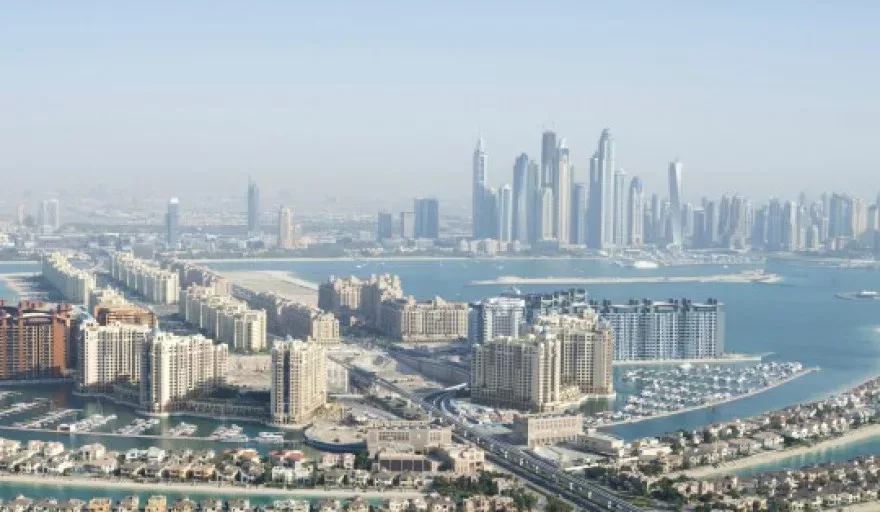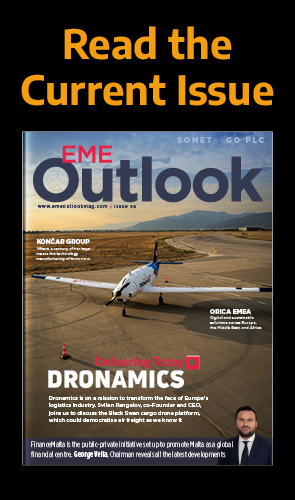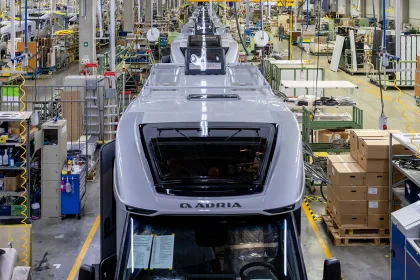Dubai’s heritage and history is one built around trade but over recent years the Emirate has diversified away from the ports which have helped it reach its renowned prosperous status to become a regional financial and business hub.
This is the analysis of renowned international estate agency, Knight Frank whose recent Hub Report continues to track the evolution of the city as an internationally significant hub.
The Report focuses on benchmarking Dubai against seven other key global cities: New York, London, Paris, Singapore, Hong Kong, Shanghai and Sydney across the four key sectors of manufacturing, logistics, business and financial services, and tourism.
The introduction of Free Zones – Jebel Ali Free Zone was the first of its kind in 1985 – initially allowed traditional trade barriers to be eliminated and minimised bureaucratic regulations. Over time though, the number of Free Zones in Dubai has grown to 34 and they have evolved to symbolise strategic hubs for cooperation, learning and knowledge.
Operationally, companies within a Free Zone are not required to have a local Emirati partner and can therefore control 100 percent of their own business. This, combined with Dubai’s strategic location as a juncture between east and west, has meant Dubai has grown to establish itself as a regional financial and business centre.
A recognised global financial centre
The domestic financial and business services sector has grown 55.6 percent over the past decade with only Shanghai (114.3 percent) outperforming Dubai.
Over this time period Dubai has also seen itself become a recognised global financial centre; with The Dubai International Financial Centre recently being ranked among top 10 global financial centres in The Banker’s International Financial Centre rankings.
These achievements are underpinned by a zero tax environment/ low rate of tax for financial and oil companies. Currently it takes just eight days to start a business which is marginally longer than the United States (six days) and the UK (five days), although it is four times more than Hong Kong’s figure.
Finally the UAE has a well-regarded ‘ease of doing business’ ranking, which has moved up from 26th to 21st out of 190 countries over the past year. Continuing business legislation improvements and a maturing market mean that this score is likely to improve further in the future.
Matthew Dadd, Partner, Commercial Leasing & Agency, notes how these developments are encouraging global businesses to use Dubai and the UAE as a base for regional operations: ‘’As Dubai and the UAE drives changes in legislation and competitiveness on a global level, we are witnessing companies having a Middle Eastern presence.
“With reforms including Dual Licensing being introduced, this is allowing companies to locate onshore and offshore businesses from the same physical location, thus streamlining operations. This is in addition to improving the overall lifestyle opportunities which the UAE presents to expatriates.’’





























